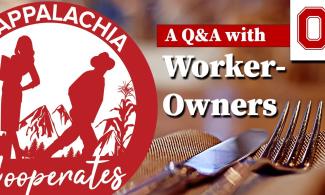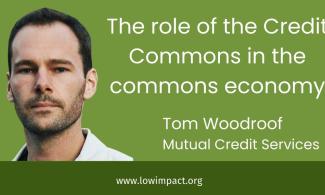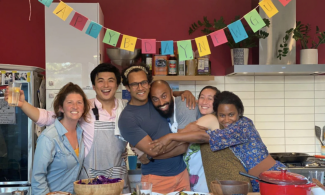Viet Nam issues decree on registration of pre-cooperatives, cooperatives, and cooperative unions
This comprehensive Decree aims to streamline the registration process and enhance the management and oversight of cooperatives throughout Viet Nam. It provides detailed guidelines for implementing the Cooperative Law of 2023, continuing efforts to reform administrative procedures related to cooperative registration.





